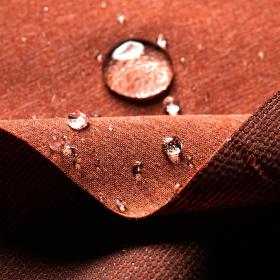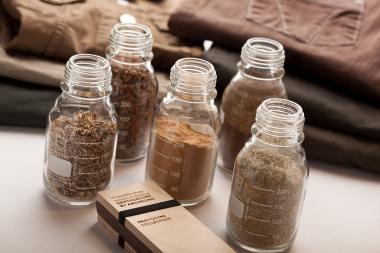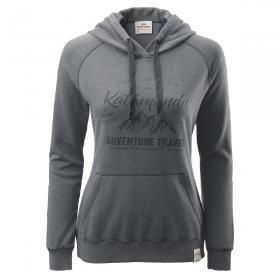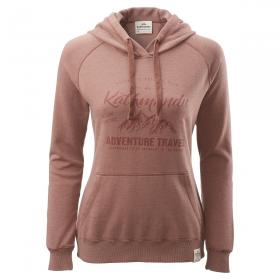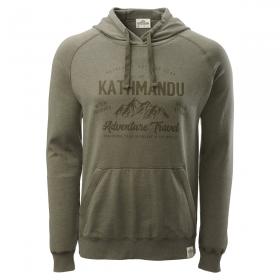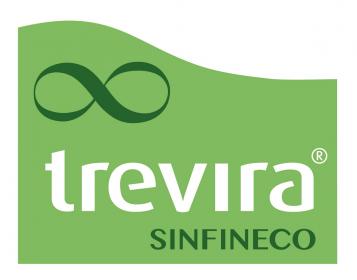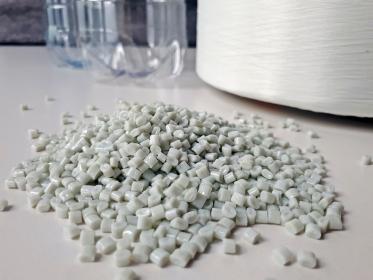Schoeller Winter 2019/20 Fabric Collection – Focus on Lifestyle
- Metallic sheen and concealed safety
Net-like structures, metallic sheen, concealed safety, naturally-warming fabrics with Nilit® Heat yarn made of coffee charcoal and PFC-free bio technologies based on renewable raw materials are just some of the highlights of the Schoeller 2019/20 Winter Collection, developed and produced amidst the mountains of Switzerland. Color effects create metallic surfaces on functional textiles and exciting multi-colored looks with richly contrasting reverses.
METALLIC SHINE
The new schoeller®-spirit qualities provide grand style in winter 2019/20. The softly-flowing warp-knitted goods play with transparency and metallic looks. In forest green, silver or copper and aluminized reverse, this season’s showpieces are also reflective. This play with light continues in the crosswise elastic lightweight with a reflecting dot design. This cool print with concealed safety in two-tone silver grey or khaki green ensures outstanding visibility at twilight. Additional water repellence is provided by the fluorocarbon-free ecorepel® Bio technology, based on renewable raw materials.
WARM FABRICS
The new schoeller®-dryskin qualities ensure a pleasantly warm body climate in winter 2019/20. Thanks to the insulating Nilit® Heat yarn on the interior, which captures and stores the body’s own heat, these fabrics warm the wearer naturally. This unique yarn produced using coffee charcoal posseses antibacterial properties and offers maximum clothing comfort at winter temperatures. The focused pants and jacket qualities in a variety of weights in fresh mandarin, deep aubergine, petrol or light stone also impress with their high abrasion resistance, ideal moisture management and reliable water repellence thanks to PFC-free ecorepel® Bio technology. The same natural heat retention is offered by the cozy schoeller®-naturetec in washable, mulesing-free wool and ecorepel® Bio in dark petrol, navy or rust.
MULTI COLOR
In addition to sustainable fabrics and technologies, winter 2019/20 is dominated by multi-coloration. The highly-elastic multi-colored schoeller®-prestige and schoeller®-dryskinqualities lead to completely new color effects and nuances. Ever-changing, exciting effects result from beautiful mossy greens and dark blue and grey variations to burnt henna and chocolate color combinations. Always with a contrasting color on the reverse, they are real eye-catchers which of course also impress in functional terms. In addition, the schoeller®-dryskin qualities are finished with the PFC-free ecorepel® Bio technology.
Nilit® Heat is a registered trademark of NILIT Ltd.
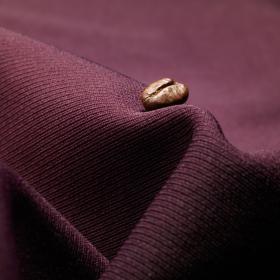 © Schoeller Textil AG
© Schoeller Textil AG
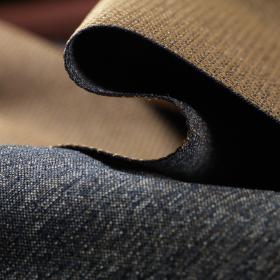 © Schoeller Textil AG
© Schoeller Textil AG
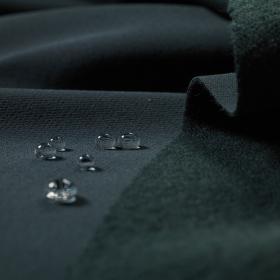 © Schoeller Textil AG
© Schoeller Textil AG
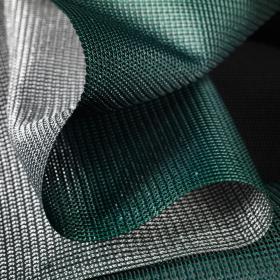 © Schoeller Textil AG
© Schoeller Textil AG
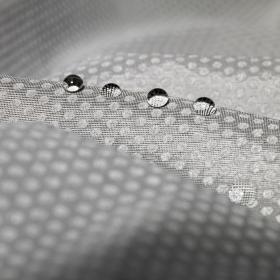 © Schoeller Textil AG
© Schoeller Textil AG
Schoeller Textil AG


